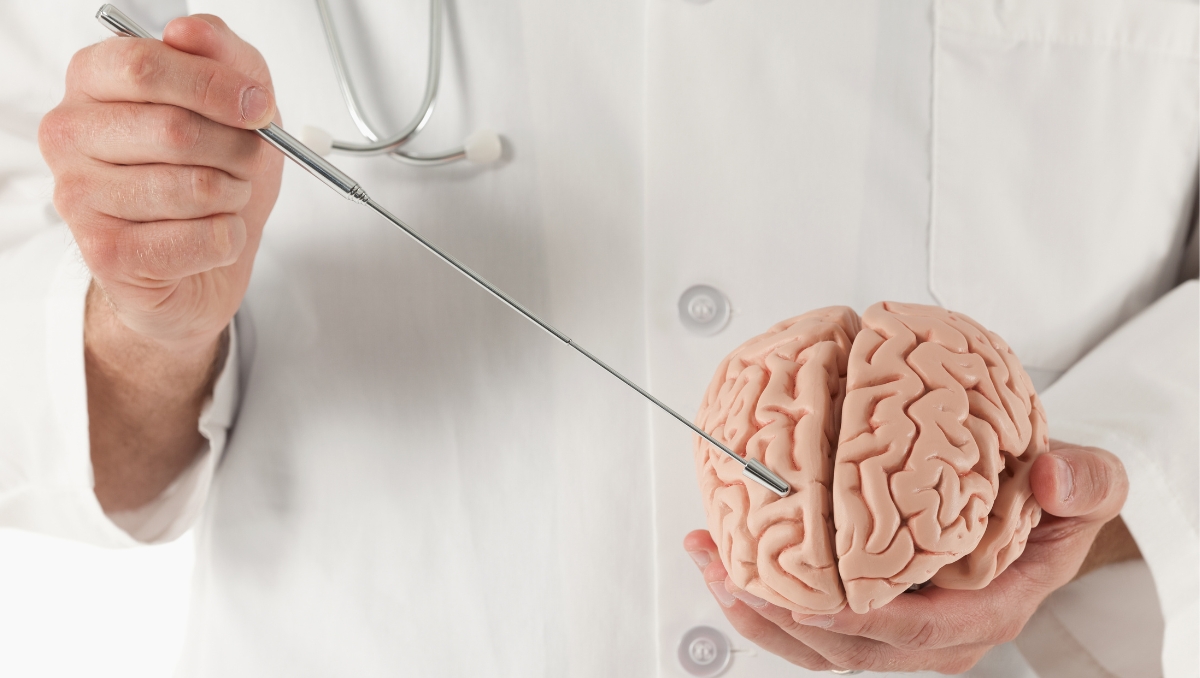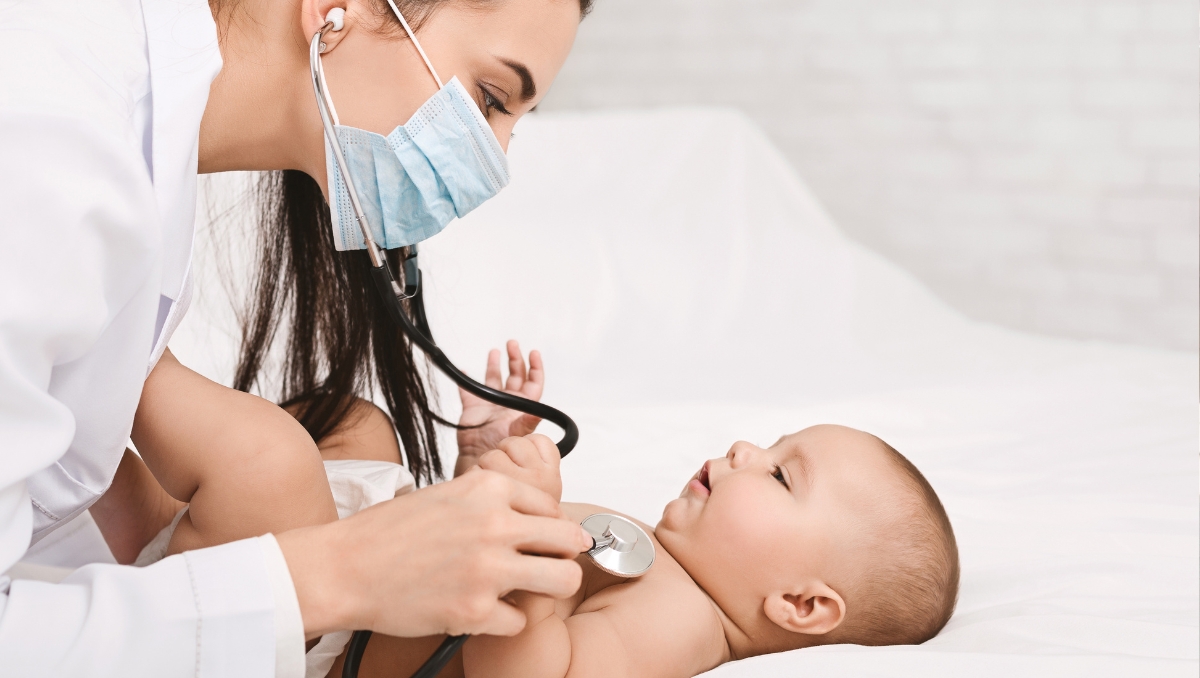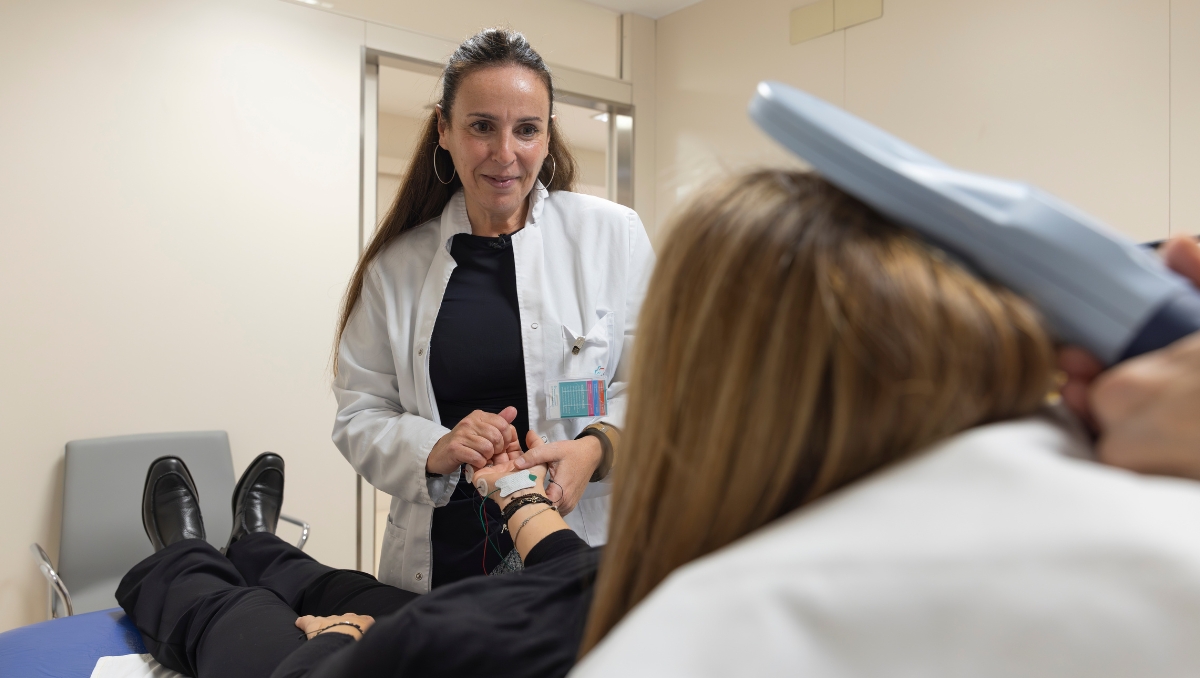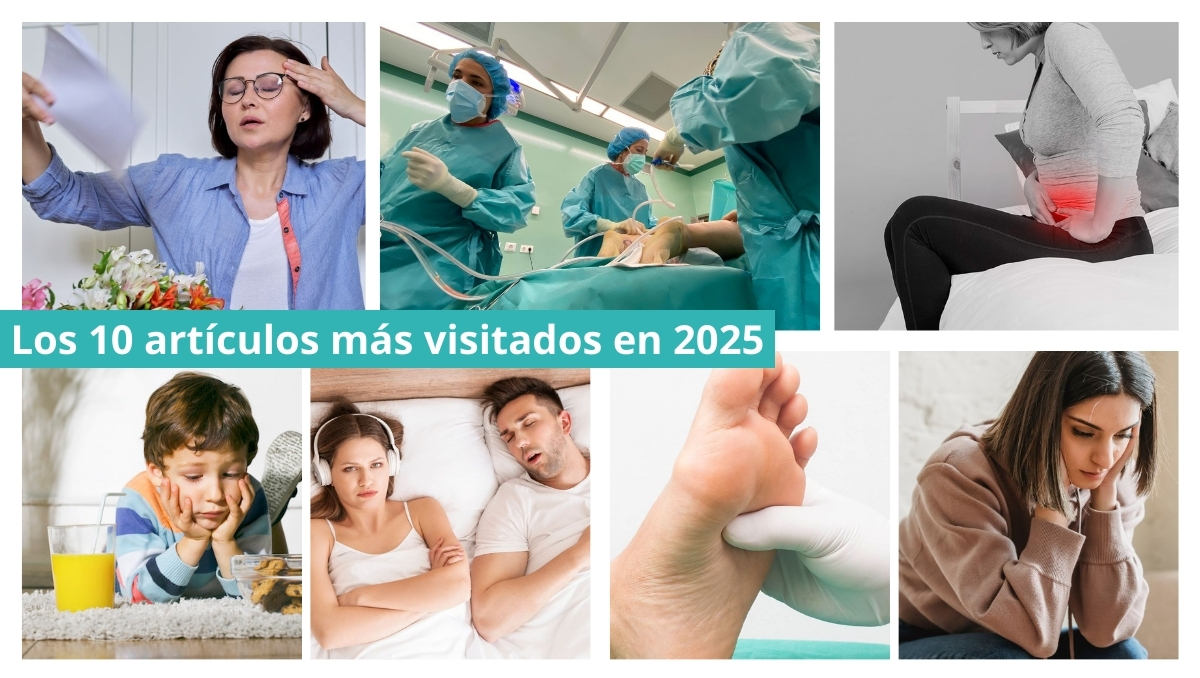Cardiac Diagnosis
Comprehensive care in the diagnosis and treatment of cardiovascular diseases
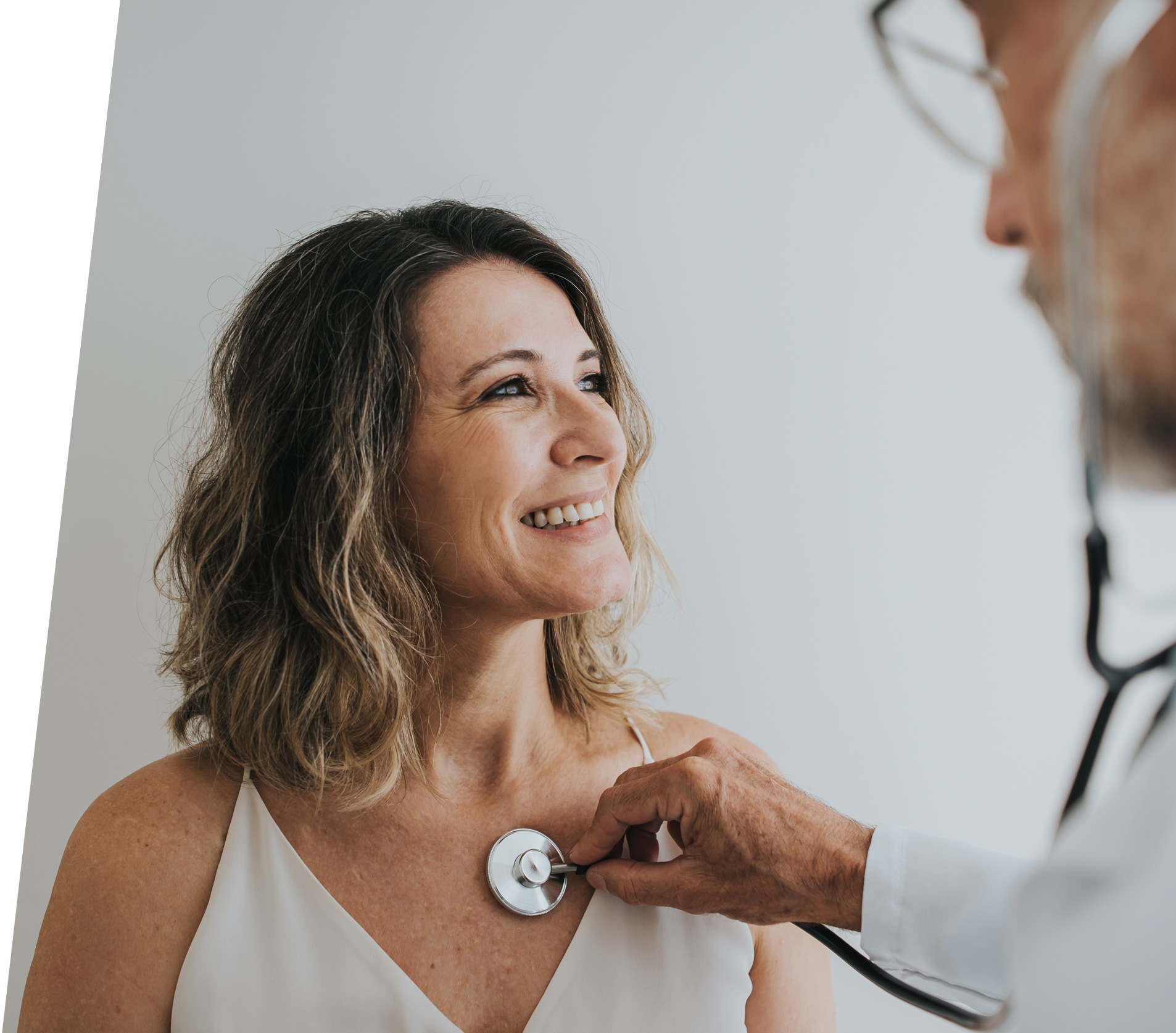

Treatments and Specialities
The Teknon Cardiology Institute provides personalised, comprehensive care in the diagnosis and treatment of cardiovascular diseases, putting patients and their families at the centre of everything we do.
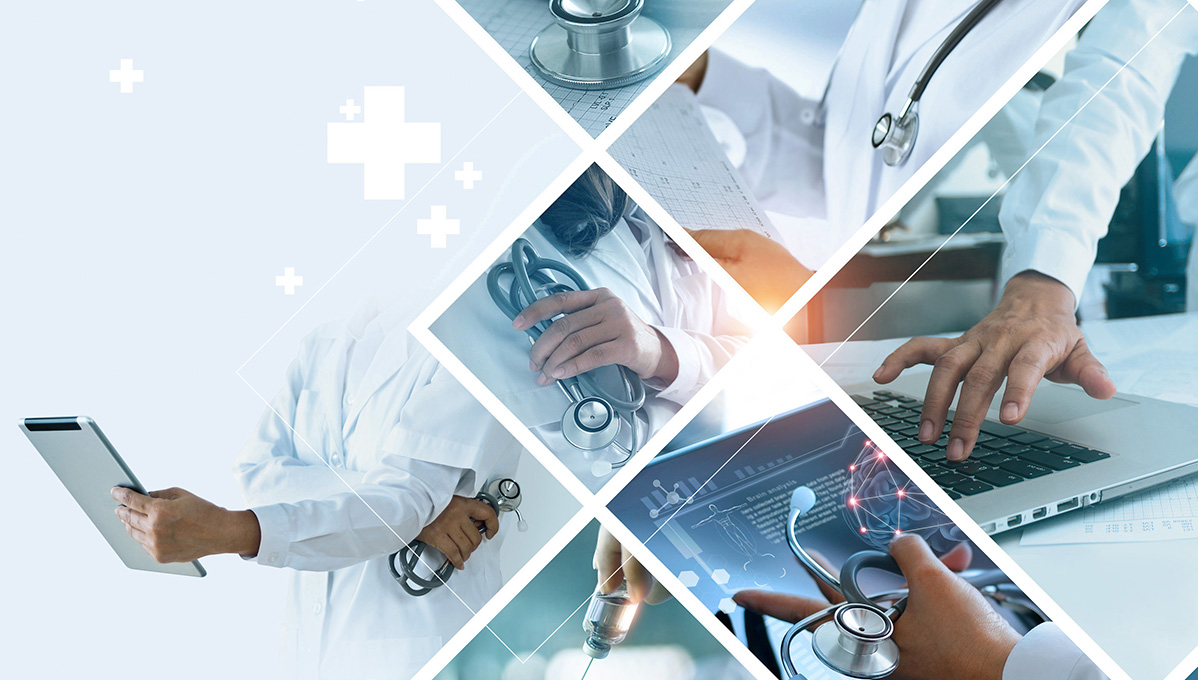
Our Teknon Cardiology Institute features state-of-the-art technology, where you’ll be treated by a team of professionals specialised in the diagnosis and treatment of cardiovascular diseases.
 Personalised serviceThe Teknon Cardiology Institute offers personalised, comprehensive care in the diagnosis and treatment of cardiovascular diseases.More info
Personalised serviceThe Teknon Cardiology Institute offers personalised, comprehensive care in the diagnosis and treatment of cardiovascular diseases.More info ExcellenceWe are committed to excellence and our goal is to offer our patients the best results, with the highest quality care, humanity and respect.More info
ExcellenceWe are committed to excellence and our goal is to offer our patients the best results, with the highest quality care, humanity and respect.More info ProfessionalsFrom different specialities, with recognised prestige and extensive experience, offering you the latest technology, all diagnostic tests and the best treatments.More info
ProfessionalsFrom different specialities, with recognised prestige and extensive experience, offering you the latest technology, all diagnostic tests and the best treatments.More info Comprehensive CareComprehensive care in the diagnosis and treatment of cardiovascular diseases. “We take care of your heart, we take care of you”More info
Comprehensive CareComprehensive care in the diagnosis and treatment of cardiovascular diseases. “We take care of your heart, we take care of you”More info Healthcare programmesAdvanced healthcare programmes that have placed us at the forefront of cardiology care at a national and international level.More info
Healthcare programmesAdvanced healthcare programmes that have placed us at the forefront of cardiology care at a national and international level.More info
Health and Wellbeing Blog
Our Centro Médico Teknon has the most advanced technology for cardiovascular diagnostic tests and a unique multidisciplinary team made up of the best professionals who are specialists in their respective fields: clinical cardiology, cardiac surgery, vascular surgery, specialists in cardiac imaging , haemodynamics and interventional cardiology
, haemodynamics and interventional cardiology , structural heart disease, electrophysiology and arrhythmias
, structural heart disease, electrophysiology and arrhythmias , interventional vascular radiology
, interventional vascular radiology and experts in cardiovascular rehabilitation. Some of the diagnostic tests performed include echocardiograms, cardiac magnetic resonance imaging, coronary CT angiography, PET-CT, electrocardiograms, chest X-rays, stress tests, coronary CT scans, TSA and limb Doppler tests, and abdominal ultrasounds.
and experts in cardiovascular rehabilitation. Some of the diagnostic tests performed include echocardiograms, cardiac magnetic resonance imaging, coronary CT angiography, PET-CT, electrocardiograms, chest X-rays, stress tests, coronary CT scans, TSA and limb Doppler tests, and abdominal ultrasounds.
The objective of a cardiac diagnosis is to evaluate the health and functioning of the heart and the arteries that supply it. A cardiac diagnosis can help detect and treat conditions such as heart disease, heart failure, arrhythmias, heart attacks and cardiac arrest. A cardiac diagnosis may include different tests that can provide information about cholesterol levels, blood pressure, heart rhythm, blood flow, and the anatomy and function of the heart and coronary arteries. A cardiac diagnosis can prevent or reduce the risk of serious complications and improve the quality of life for people with heart conditions.
Thanks to its cutting-edge technology and multidisciplinary team of experts, Teknon can perform cardiac diagnostics through various studies. Detailed images of the heart and its structures are rendered using cardiac imaging . Haemodynamics and interventional cardiology
. Haemodynamics and interventional cardiology involve procedures to treat problems in the arteries or valves of the heart. The electrophysiology and cardiac arrhythmias department specialises in diagnosing and treating heart rhythm disorders. Finally, the interventional vascular radiology
involve procedures to treat problems in the arteries or valves of the heart. The electrophysiology and cardiac arrhythmias department specialises in diagnosing and treating heart rhythm disorders. Finally, the interventional vascular radiology department performs analyses to treat problems in the blood vessels.
department performs analyses to treat problems in the blood vessels.
A cardiac diagnosis can be made when symptoms of heart disease are present (chest pain or pressure, palpitations, fatigue, shortness of breath, or oedema) or when one has risk factors for heart disease (high blood pressure, high cholesterol, diabetes, obesity, smoking, or family history). Also, if you want to prevent or monitor a heart condition that has already been diagnosed (coronary heart disease, heart failure, arrhythmias or valvular heart disease), or if you need invasive or surgical treatment for your heart, such as angioplasty, stent implantation, closure of heart defects or bypass surgery.
A cardiac diagnosis can take anywhere from a few minutes to several hours, depending on the type and number of tests performed. A cardiac diagnosis can help you prevent or treat serious problems and improve your health and quality of life. For more information, talk to our staff by calling 932 906 200 or request an appointment using this form .
.
To prepare for a cardiac diagnosis, you should follow your doctor's instructions and keep in mind some general recommendations. If you have any questions about your particular case, we recommend talking to a cardiac diagnosis specialist. Call 932 906 200.
After a cardiac diagnosis, it is important to follow your doctor's instructions and adopt healthy lifestyle habits that will help prevent or reduce the risk of future heart problems. To protect your heart after a diagnosis, it is crucial to quit smoking, as tobacco is a leading risk factor for heart disease. Reduce alcohol consumption significantly, since alcohol intake elevates blood pressure, cholesterol, and triglycerides. Cut down on poor dietary and sedentary habits, including moderate exercise for at least 30 minutes a day, five days a week, as advised under medical direction. You should also minimise stress, which can adversely affect your heart. The most important thing is to consult your doctor and ask them any questions you may have about this.
An echocardiogram is a diagnostic test that uses sound waves to create images of the heart. This test allows you to see the structure, size, movement, and functioning of the heart and its valves. It can be performed for various reasons, such as to diagnose or evaluate heart disease, congenital abnormalities, valve or blood flow problems, or the effect of exercise on the heart.
A patient is asked to undergo an echocardiogram when information about their heart and its functioning is needed in a non-invasive way and without side effects. The most common reasons for requesting this test are suspected heart valve disease; assessment of heart strength, size and movement; after a heart attack; following chest pain, angina or cardiac arrhythmias; or when the presence of infection needs to be ruled out or confirmed.
Cardiac magnetic resonance imaging focuses on evaluating the patient's cardiac anatomy and function through images. It lasts approximately 30 to 60 minutes.
Cardiac haemodynamics is a technique for obtaining information to diagnose and treat heart disease. Responsible for studying and treating blood flow disorders in the heart and blood vessels. To do this, devices called catheters are inserted into the arteries or veins until they reach the heart, where blood pressure, flow, resistance and oxygenation can be measured.
is a technique for obtaining information to diagnose and treat heart disease. Responsible for studying and treating blood flow disorders in the heart and blood vessels. To do this, devices called catheters are inserted into the arteries or veins until they reach the heart, where blood pressure, flow, resistance and oxygenation can be measured.
Cardiac arrhythmia is a condition affecting the frequency or rhythm of the heartbeat. The condition must be diagnosed by a doctor, who will perform a physical examination and recommend diagnostic tests such as an electrocardiogram, Holter monitoring, echocardiogram, stress test, or some other screening procedures.
Our team is at your complete disposal.
![]() Centro Médico Teknon
Centro Médico Teknon
Carrer de Vilana, 12, 08022 Barcelona
![]() Opening hours
Opening hours
Open 24 hours
![]() Phone Numbers
Phone Numbers
932 906 200
900 301 013






































